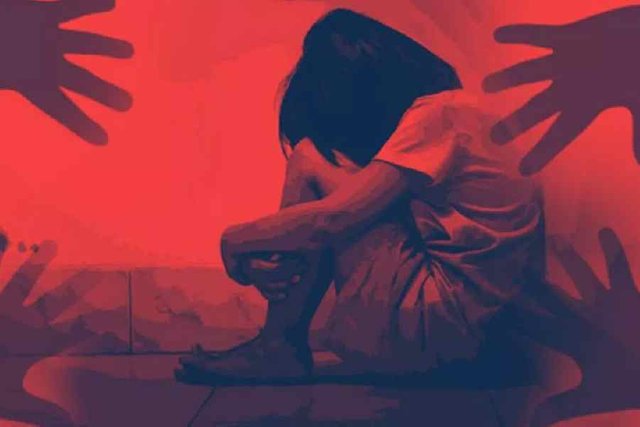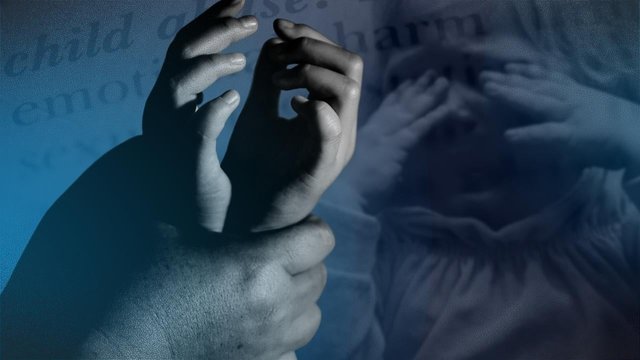Protecting Our Future: Combating Child Abuse

Child abuse is a deeply troubling and pervasive issue that affects millions of children around the world. It comes in various forms, including physical, emotional, sexual, and neglect. This blog post aims to shed light on the seriousness of child abuse, its consequences, and the steps we can take as a society to prevent it.

Understanding Child Abuse
Child abuse refers to any act or failure to act on the part of a parent or caregiver that results in harm or potential harm to a child. It can manifest in several ways:
Physical abuse: Involves the intentional use of force to cause injury or harm to a child. This can include hitting, shaking, or other violent actions.
Emotional abuse: Encompasses the psychological maltreatment of a child, including verbal abuse, constant criticism, or the withholding of love and support.
Sexual abuse: Involves any sexual activity between an adult and a child, whether through force or manipulation. This is a particularly traumatic form of abuse.
Neglect: Occurs when a parent or caregiver fails to provide for a child's basic needs, such as food, shelter, clothing, and medical care.
The Consequences of Child Abuse
Child abuse has profound and long-lasting consequences on the victims. Some of the effects of child abuse include:
Physical and mental health issues: Abused children are more likely to suffer from physical health problems, such as injuries and chronic illnesses. They are also at a higher risk of developing mental health issues, including anxiety, depression, and post-traumatic stress disorder.
Educational difficulties: Child abuse can interfere with a child's ability to focus on their education, leading to poor academic performance and a reduced chance of success in the future.
Social and emotional problems: Abused children may struggle with forming healthy relationships, trusting others, and regulating their emotions.
Cycles of abuse: Victims of child abuse are at risk of perpetuating the cycle of abuse when they become parents themselves if they do not receive help and support.
Preventing Child Abuse
Preventing child abuse is a responsibility shared by all members of society. Here are some ways we can contribute to creating a safer environment for children:
Raise awareness: Educate yourself and others about the signs of child abuse and the resources available for help. Awareness is the first step in preventing abuse.
Promote positive parenting: Encourage parents and caregivers to seek support and parenting resources to help them manage stress and develop healthy parenting techniques.
Report suspected abuse: If you suspect that a child is being abused, report it to the appropriate authorities, such as Child Protective Services, so that the child can receive the help and protection they need.
Support organizations and initiatives: Donate your time or resources to organizations that work to prevent child abuse and support its survivors.
Advocate for policy change: Support and advocate for policies that protect children and prioritize their well-being.
Promote education: Encourage schools and community organizations to teach children about their rights, personal boundaries, and how to recognize and report abuse.

Child abuse is a grave issue that affects countless children worldwide. It leaves a trail of physical, emotional, and psychological scars that can last a lifetime. It is the collective responsibility of society to work together to prevent child abuse, support its survivors, and create a world where every child can grow up safe, loved, and protected. By raising awareness, promoting positive parenting, and advocating for change, we can work towards a future where child abuse is a thing of the past.